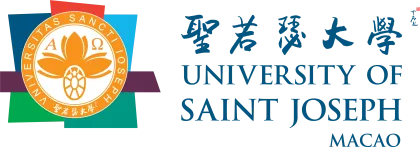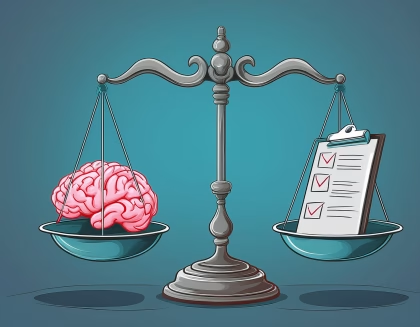Abstract: In this study we tested whether external regulation provided by artificial pedagogical agents (PAs) was effective in facilitating learners’ self-regulated learning (SRL) and can therefore foster complex learning with a hypermedia-based intelligent tutoring system. One hundred twenty (N = 120) college students learned about the human circulatory system with MetaTutor during a 2-hour session under one of two conditions: adaptive scaffolding (AS) or a control (C) condition. The AS condition received timely prompts from four PAs to deploy various cognitive and metacognitive SRL processes, and received immediate directive feedback concerning the deployment of the processes. By contrast, the C condition learned without assistance from the PAs. Results indicated that those in the AS condition gained significantly more knowledge about the science topic than those in the C condition. In addition, log-file data provided evidence of the effectiveness of the PAs’ scaffolding and feedback in facilitating learners’ (in the AS condition) metacognitive monitoring and regulation during learning. We discuss implications for the design of external regulation by PAs necessary to accurately detect, track, model, and foster learners’ SRL by providing more accurate and intelligent prompting, scaffolding, and feedback regarding SRL processes.
Keywords:
- Self-regulated learning
- Metacognition
- Pedagogical agents
- Externally regulated learning
- ITS
- Scaffolding
- Learning
- Product data
- Process data










